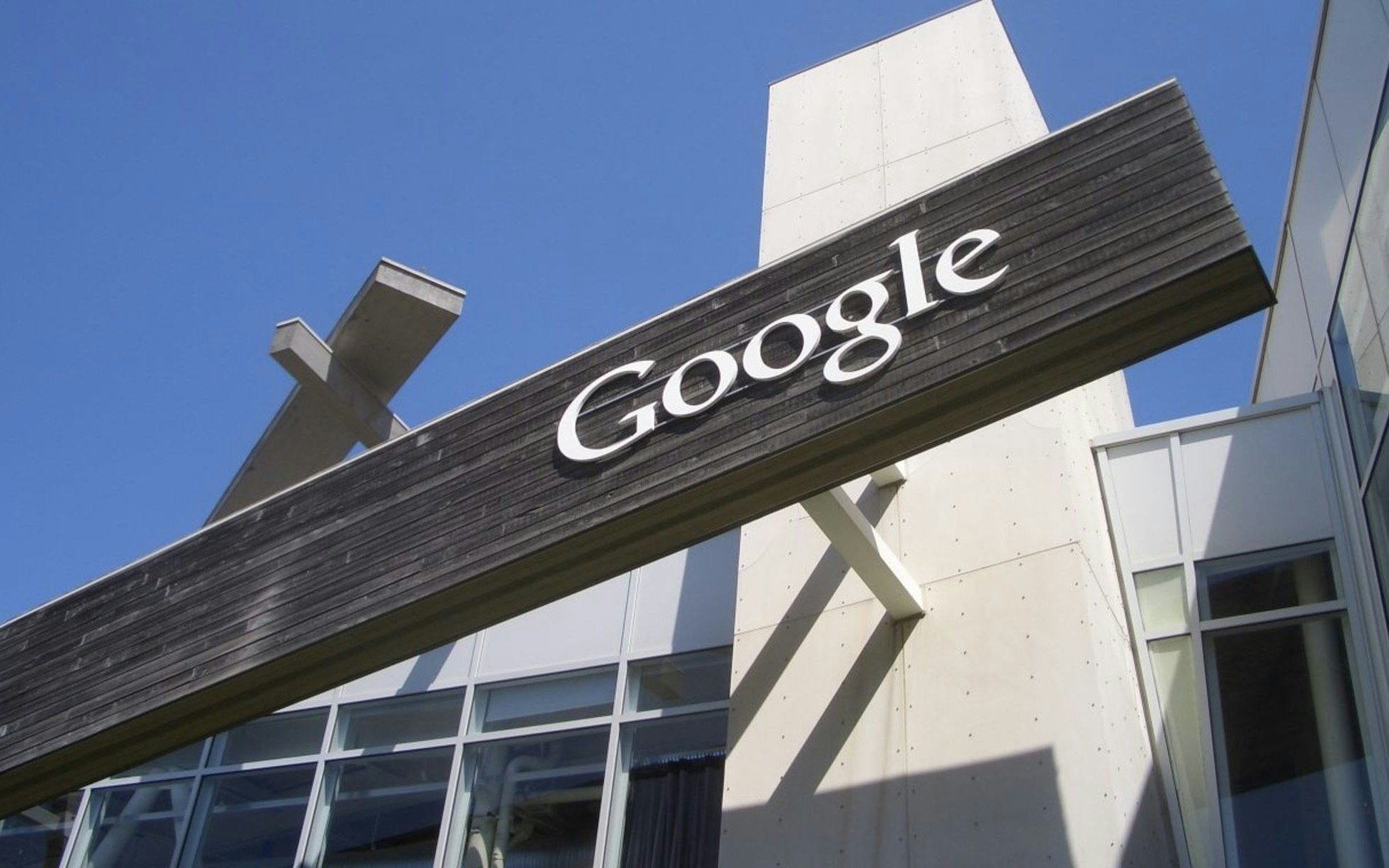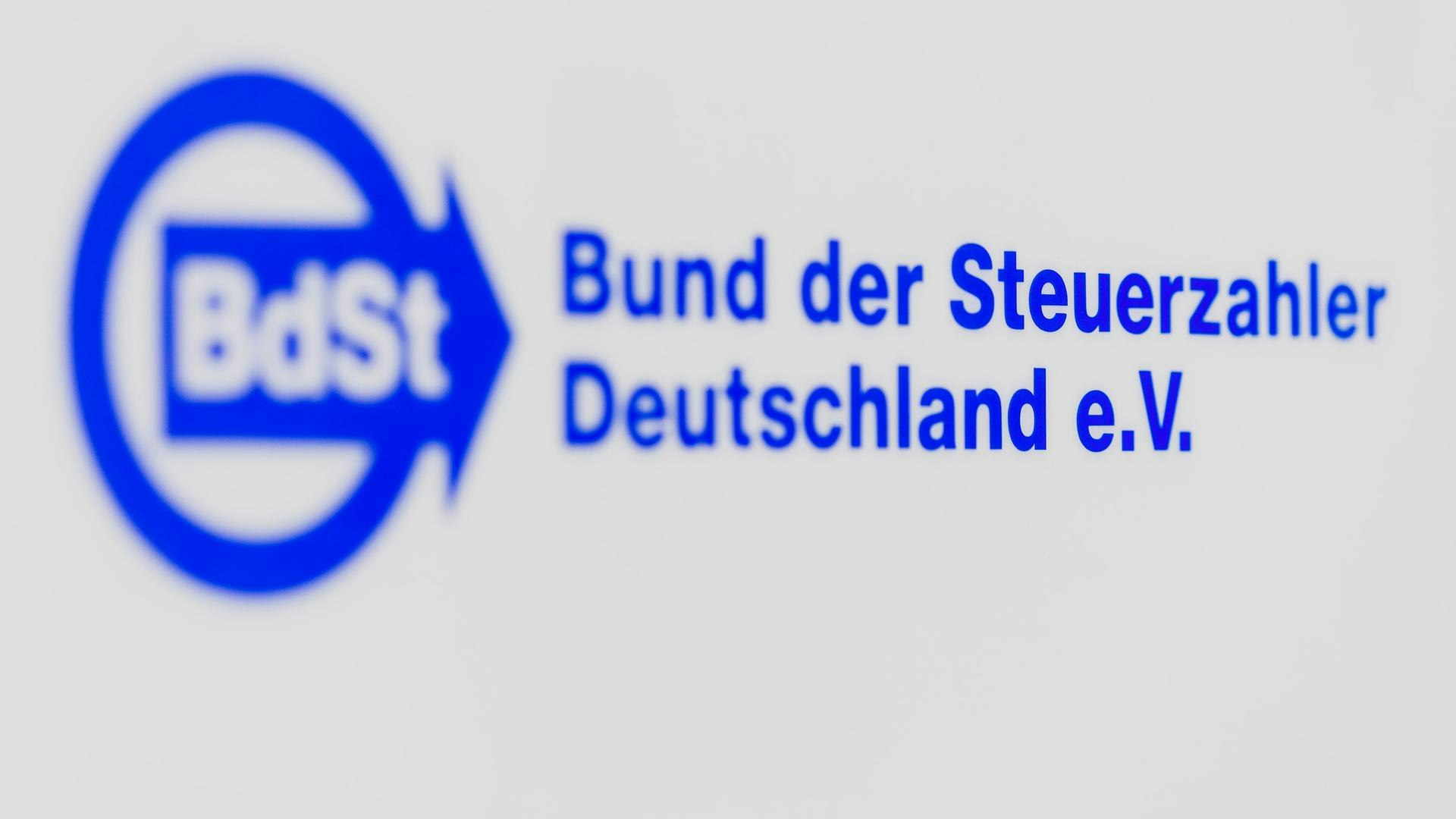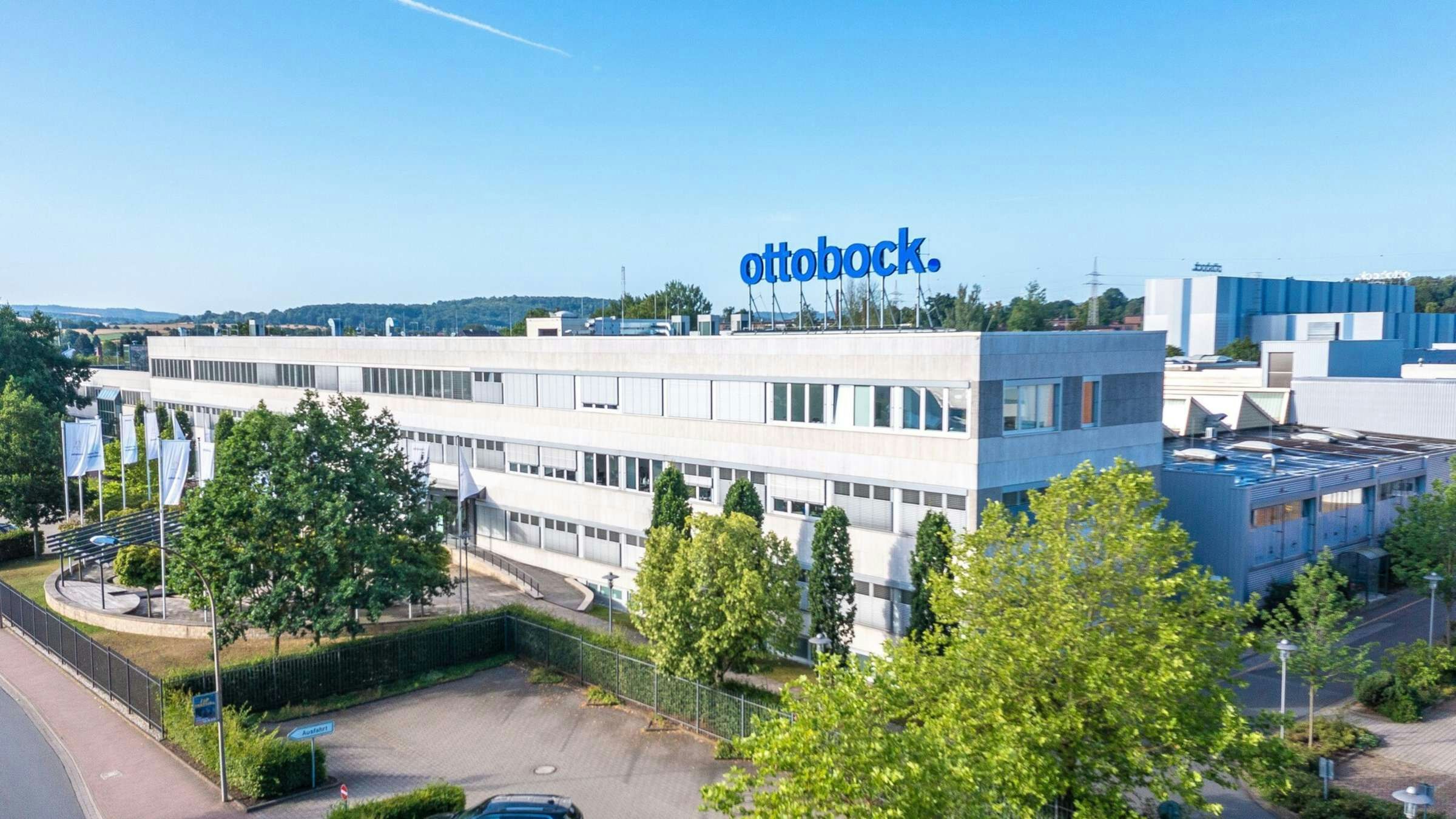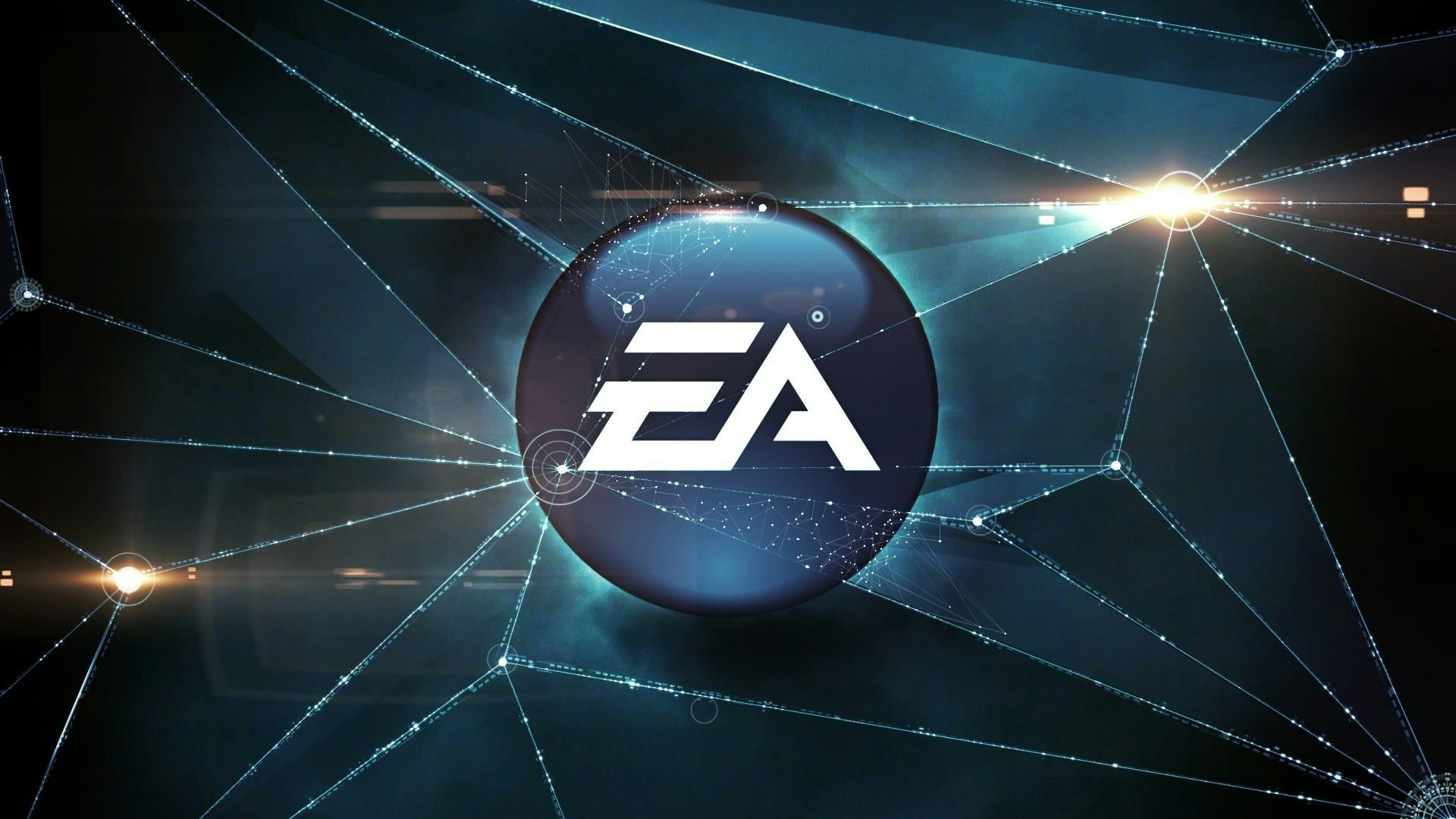Technology
Acqui-hires: How Google & Co. Bypass Competition
Acqui-hires allow tech companies like Google, Microsoft, and Meta to gather startup talents and eliminate competitors, often without antitrust review.

When Google paid $2.4 billion for the AI startup Windsurf last month, the message was hidden in the details: It wasn't about the company, but about its minds. CEO Varun Mohan, co-founder Douglas Chen, and part of the R&D team are moving directly to Google's AI division, complemented by a licensing agreement for the Windsurf technology. It wasn't a classic acquisition – but a so-called "reverse acqui-hire.
Such personnel transactions have become a favored method of tech giants in recent years.
The trend coincides with the intensified supervision by competition authorities. Classical M&A deals are subject to reporting requirements and antitrust review. Acqui-hires often fly under the radar. This allows large corporations to neutralize potential competitors without having to go through the hurdles of a formal acquisition process. What was once considered a niche strategy in HR is developing into a gray area of antitrust.
Defenders of this practice point to two arguments: First, Western companies cannot be burdened with regulatory obstacles in the global race with China. Second, any restriction of M&A activity weakens the incentive for innovation among founders, whose exit strategy often relies on a lucrative sale. Critics counter: Technological leadership is not achieved by protecting existing corporations, but by promoting challengers. For instance, Figma was only able to go public because Adobe's acquisition plans failed due to antitrust resistance in Brussels, London, and Washington.
The debate shows how fluid the line between talent acquisition and market restriction is. In markets already dominated by a handful of platforms, it is not the form of a business that matters, but its impact on competition. Acqui-hires may formally appear as employment contracts – their economic effect can be akin to that of a classic "killer acquisition.






